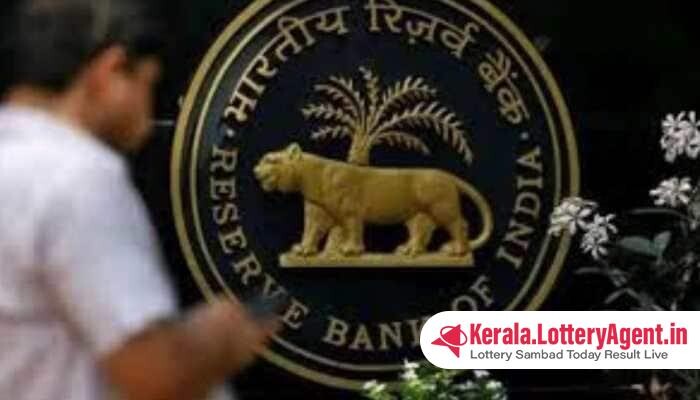
Amidst the build-up to the General Elections, the Reserve Bank of India (RBI) has mandated payment companies to vigilantly observe transactions, emphasizing high-value movements through their platforms. A recent directive dated April 15 from the central bank has rekindled the focus on securing electronic fund transfer systems against potential exploitation during the critical election period.
The central bank’s directive seeks to fortify India’s financial infrastructure against the influence of unregulated cash flow, commonly viewed as a threat to the transparency and fairness of the electoral process. Payment system operators (PSOs), according to sources cited by Economic Times, have been advised to intensify the scrutiny of high-value merchant payments. The edict encompasses a spectrum of financial service providers, including notable fintech companies such as Razorpay, Cashfree, CCAvenue, and Mswipe, which operate as regulated payment aggregators. It extends to mobile wallet license holders like the widely used PhonePe and MobiKwik as well.
Echoing the concerns of the RBI, the Election Commission of India (ECI) has advocated for stringent measures during the election season. The Commission’s guidelines instruct that any transactions exhibiting irregularities or a departure from standard patterns should be reported promptly in accordance with the established procedures. These measures will remain active throughout the entire electoral process, ensuring constant oversight and action where necessary.
Signaling heightened inter-agency cooperation, the Chief Election Commissioner (CEC), Rajiv Kumar, has directed banks to produce day-to-day reports of suspect transactions to the poll panel, to be thoroughly scrutinized in collaboration with the National Payments Corporation of India (NPCI). Expansion in wallet-based payments and anomalous transaction patterns are of particular interest, as these might indicate attempts to sway voters or obscure illicit funding to political contenders.
“The NPCI will monitor the heightened demand for wallet transactions closely,” said the CEC. “Banks will be dispatching almost daily reports on suspicious transactions. These efforts emerge as a part of a series of actions taken by the electoral body to mitigate the wield of financial clout and safeguard the sanctity of elections.”
The gravity of these measures is underscored by the implications that financial malpractice can have on the democratic process. The initiative can be interpreted as an attempt to buffer the elections from the significant impact that unmonitored cash flow might have, potentially diminishing the principle of fair campaigning and the integrity of the franchise.
Conspicuously, the RBI and ECI have signaled their intent to preemptively address the vulnerabilities that payment systems might pose during the highly sensitive election phase. Payment companies are now expected to enhance their compliance mechanisms and internal monitoring systems to align with the expectations set forth by the regulators. This implies a proactive role in identifying and signaling transactions that fall outside the regular pattern or represent substantial amounts ordinarily not associated with regular commercial activity.
This regulatory insistence on meticulous financial oversight extends beyond the world of banking, touching the rapidly expanding domain of digital transactions and the fintech sector. Wallet services, in particular, have become prevalent, offering users convenience and speed, but concurrently presenting new challenges in terms of regulation, especially when juxtaposed against the backdrop of an imminent election.
While routine commercial activities are likely to remain unaffected, individuals and businesses dealing with sizeable transactions may encounter additional scrutiny as a part of the precautionary framework. These newly instated protocols illuminate the commitment of Indian authorities to uphold the probity of electoral funding, making it clear that India’s financial ecosystem is slated for heightened diligence, especially in the immediate run-up to the elections.
As the country gears up for the pivotal democratic exercise, the central bank, along with the Election Commission, affirms a resolute stance on thwarting the malignant influence of money in politics. Thus, in compliance with these directives, the ecosystem of payment aggregators, banks, and mobile wallet services is now being redirected to serve not just as facilitators of commerce, but as guardians of democratic virtue.












